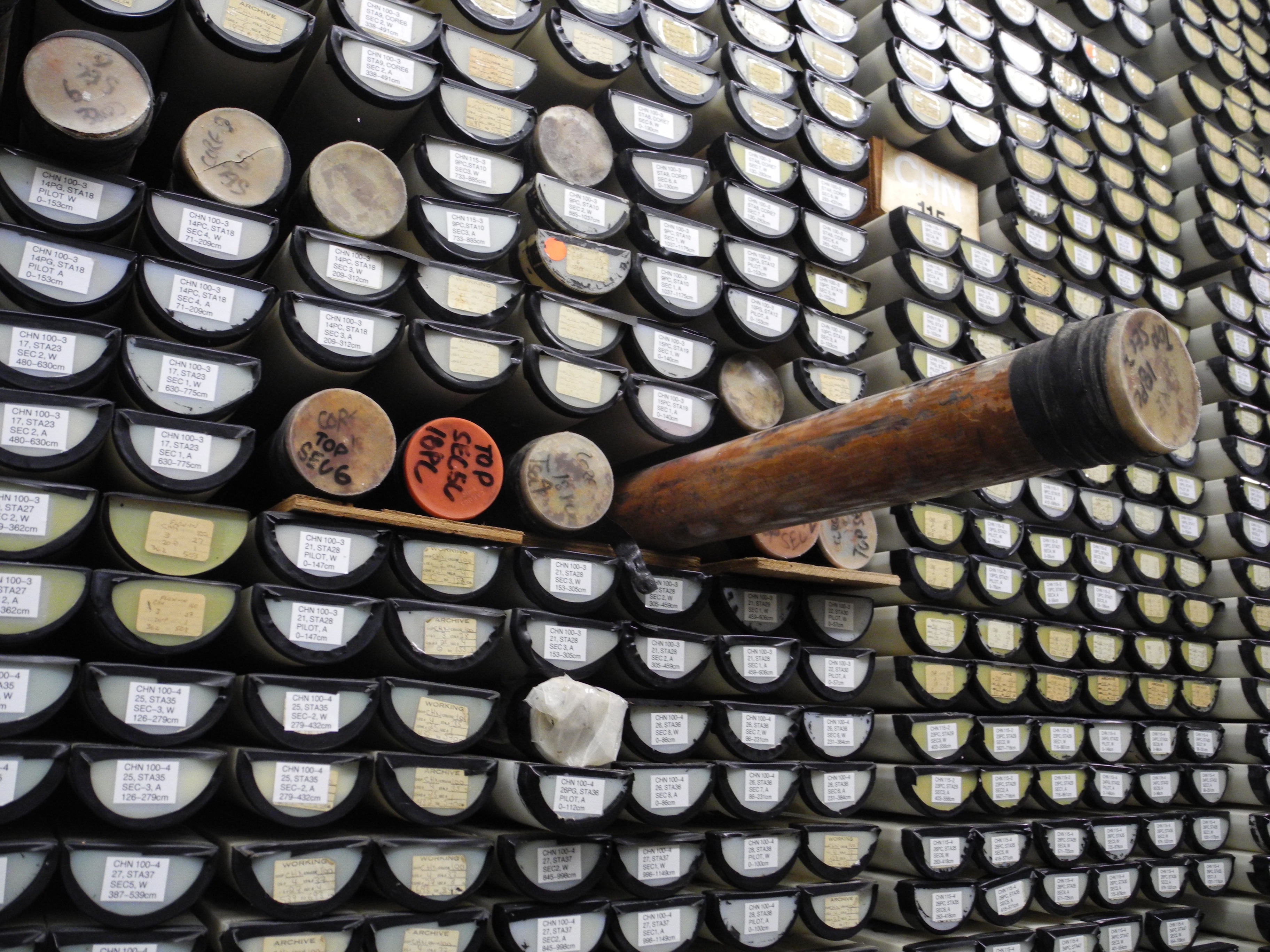Deepwater Feeds: Mediation and Extraction at the Seafloor
Lisa Han
Film and Media Studies
UC Santa Barbara
This dissertation explores the history and culture of seafloor media technologies. It considers, in particular, the managerial logistics of mineral and archaeological extraction within the global ocean and at the seafloor. Each chapter examines a form of information collection, using media studies, infrastructural, and ecological perspectives to consider the social imaginaries and competing regimes of value (scientific, industrial, political) around seafloor data. From archaeological imaging, to seabed mining, to hydrographic and geophysical seismic surveys, to cabled observation, it analyzes the ways in which tactile, volumetric, thermal, visual, and chemosensory forms of mediation participate in the material and semiotic making and remaking of the ocean floor. It presents, as a connective tissue between chapters, a theory of extractive mediation, wherein the act of delimiting natural agencies through extractive practices historically defines the development seafloor technologies. Such extractive infrastructures for knowledge, the project argues, have profound effects on scientific research questions, national identity, coastal communities, and marine ecologies. Ultimately, this dissertation levels a critique against the use of media to facilitate destructive and exploitative practices, aiming instead to reframe our media feeds to foster intersectional alliances across species and landscapes.

